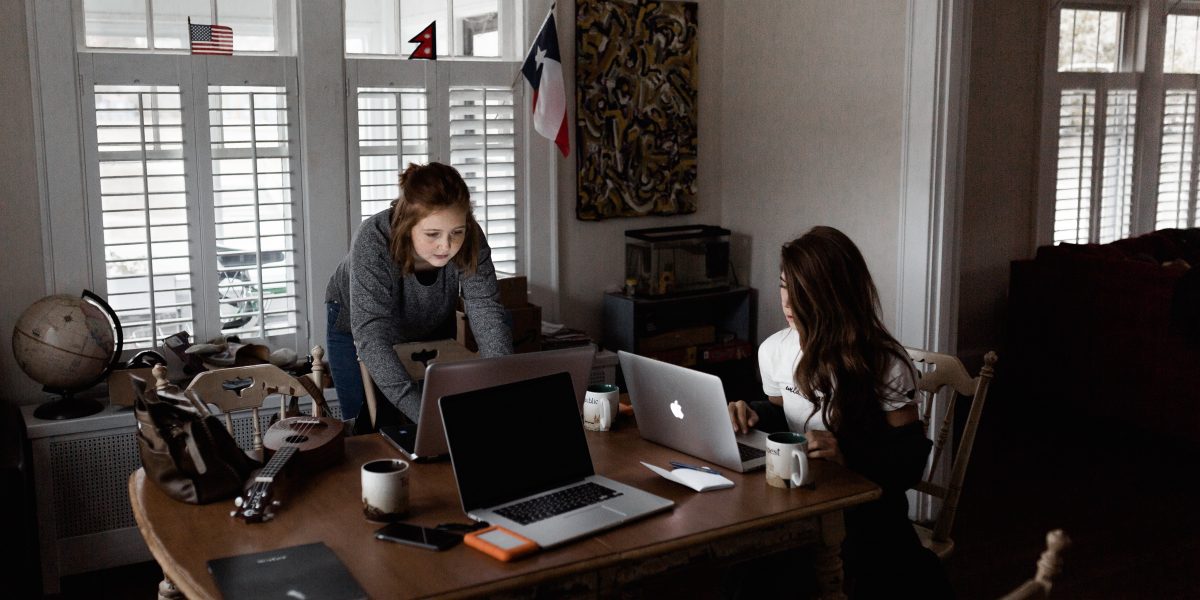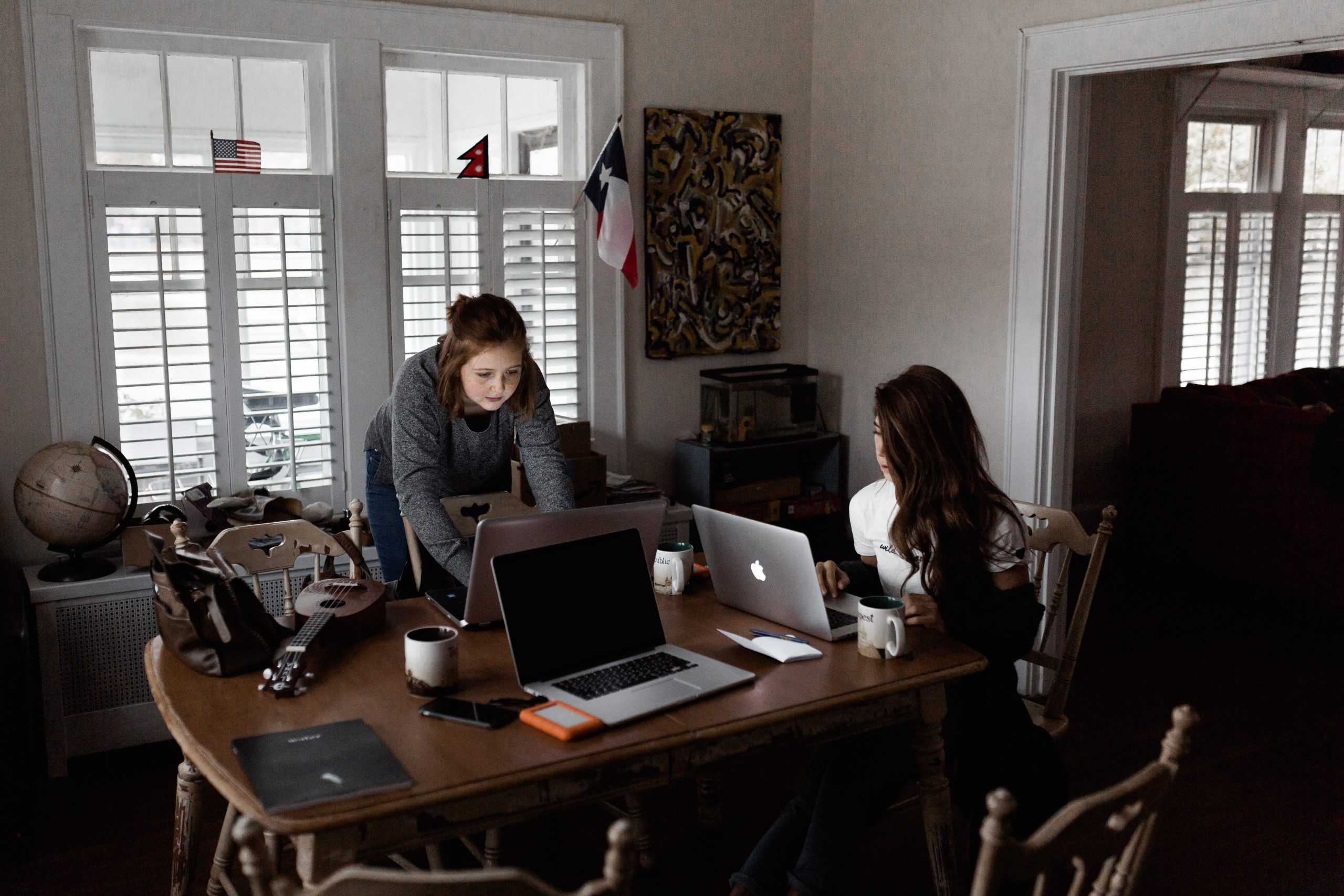
Documentation to Obtain Accommodations at the Post-Secondary Level
May 5, 2020
What Are Reasonable Academic Accommodations at the Post-Secondary Level?
May 12, 2020
Believe me, I wish I knew the magic formula to make all of this easier. This much togetherness at home usually only lasts for two weeks or so during winter break. We know when it will end and can plan how to make the most of the luxury of family time together. It is difficult to stay positive and look on the bright side when the “togetherness” has no end in sight.
In my opinion, the most important thing you can do is project a sense of calm and stability. This isn’t how we wanted to spend our time, away from classmates, coworkers, friends, and extended family, but this is what we have to do. The adults are the dependable center. Acknowledge that it is a shame that we had to cancel our trip for Spring Break, you can’t play with friends, there is no graduation and there is no place to go. This is a new experience for everyone. We know that eventually the restrictions will ease.
ADDitude Magazine conducts a weekly survey of their readers during this pandemic. On the latest survey, 53 percent report being in a place of “calm acceptance.” But half of the respondents also reported feeling overwhelmed, anxious and depressed – an improvement over the previous week’s survey. It is comforting to know that no parent is feeling like they have this all under control.
Here are a few suggestions to add to your “coping” toolbox:
I’m sure you have read the suggestion to have a set schedule for your student – set a schedule jointly with the student or let the student figure it out! Whatever seems to be working in your home is the best thing to do. You may use some combination of all three approaches at one time or another. What happens on a given day is likely dependent on your morale and that of your child, which can vary throughout the day.
We know that being outside provides a huge boost to mood and mental energy. One suggestion would be that when the sun shines, try to get outdoors. Give one of your kids the job of looking online in the morning for the hourly weather forecast, and plan to work indoors based on that schedule. If the sun will come out at 2:00 pm, that would be a great incentive to be finished to go outside. Most of us are most efficient in the hours between breakfast and lunch. For a teenager, breakfast may happen at noon, and their most efficient time may be from 1 to 4 pm. No one can work efficiently with focus for more than 30 minutes, adults included. Breaks need time limits, though, so we get back to work and don’t wander off to do something else.
You may not be a trained teacher, but what you can do during this time with the family is teach skills required in daily living. When we are home all day together, messes and dishes pile up. There is no reason for adults to be the only ones doing housework. Even a five-year-old can be taught to put their dish in the dishwasher, assist in putting clothes in the dryer and match socks. No excuses from anyone. The kitchen floor probably needs to be swept daily. Dusting and vacuuming are weekly jobs. What about the daily wiping of “high touch” surfaces? Everyone’s name needs to be on the chore chart every day. At first an adult will need to instruct. Your child may be excited to help, but will need to know how to mop the floor so it isn’t underwater and where to start so they don’t end up in a corner of the room with no way out.

Then, finally, someone needs to be in charge while you are working. Another adult or an older sibling could supervise while you are online in a meeting. You might also dress in your “work clothes,” giving a visual cue that it is your work time. Setting a timer for breaks would let everyone know when you are available for a hug or word of encouragement. If you have the luxury of working in a separate room, when you are in a meeting put a red card on the door - meaning “stop.” When you are offline, change it to a green card.
Take time to recharge your battery. That could mean sitting in the bathtub after small children are in bed, taking a walk while someone else leads the cleanup after dinner, or getting up a little earlier to enjoy a quiet cup of coffee. Treasure the small moments of peace. Stay safe!
Blogger Mary Ann Mulcahey, PhD, shares her expertise in assessment and diagnosis of learning disabilities and ADHD, and the social/emotional adjustment to those issues. If you have questions, please contact Mary Ann at .



